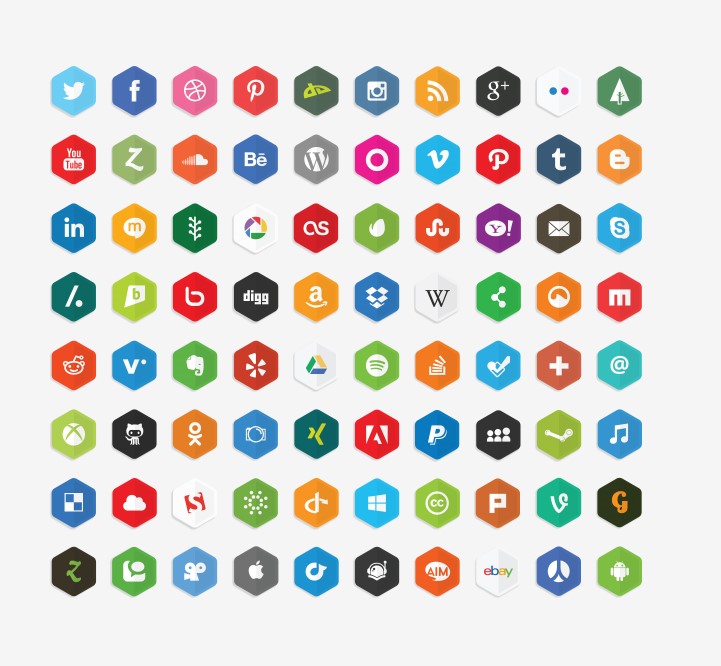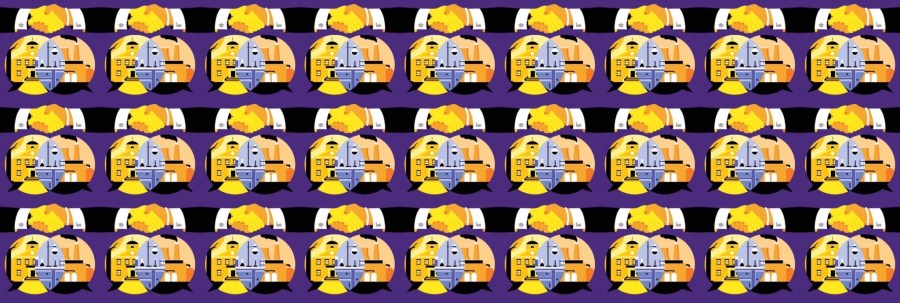Takeaways There is no transparency around the editorial team and algorithm that selects news for 13.5m people in the UK. Previous research has shown biases in the Apple News algorithm but we don’t know if these have been corrected, or have worsened, over time. It is concerning for news access and consumption that the UK’s …










